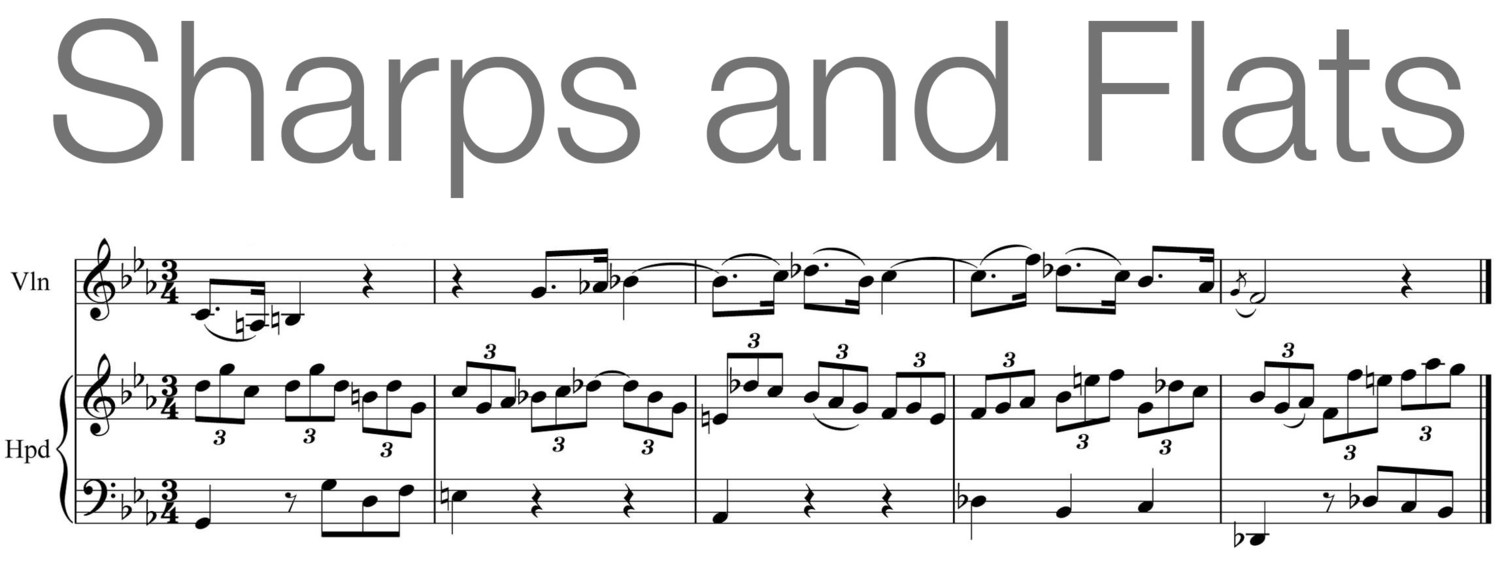In 1958 when I arrived, the village of Gravesano, in the Italian Swiss canton Ticino (also known as the Tessin), claimed about 30 farmers and wine growers who lived in a handful of stone cottages along a single unpaved road. A pleasant, energetic woman named Vera, whose German was better than Scherchen’s Italian, ran a small general store, but her main attraction was her telephone. Orchestra managers, opera intendants, composers and writers from all over the world came to know Vera over the phone, and she kept herself slim running up a cobblestone path to Scherchen's house, to find out whether Scherchen would come down to the store and speak, or send her back to say that Herr Professor, as she called him, was busy, and would they please call back later. It did not take long for Vera to recognize the names and voices of those whom Scherchen wanted to avoid, and she would simply put them off. The many dignitaries who visited Gravesano always insisted on being introduced to Signora Vera, the gatekeeper to Hermann Scherchen.
Scherchen had been married several times, at one point to Xiao Shuxian, a Chinese composer and educator. Their daughter, Tona, became a composer. Scherchen once left the table at a dinner party, I think in Vienna, and asked if he could use the phone in the next room. He was gone quite a while. A month later the phone bill showed that he had been talking to Tona in China for nearly an hour.
His current wife, Pia, was a tall, forceful, but kind woman in her late thirties. She was a mathematician, half Italian and half Romanian. She and Scherchen had five children, all born after quick flights to London in order to qualify the newborns for English passports. The children had biblical names - Myriam, David, Esther, Nathan, and Alexander. But at home they were given variations on the syllables of their parents’ names, Hermann and Pia – Hera, Herpi, Piher, Aher , and Aman. Myriam (Herpi) grew up to run a recording label, Tahra, devoted to famous conductors, including her father.
Scherchen used Gravesano as his base. He had fled to Winterthur during the war, leaving his post as violist in the Berlin Philharmonic. I don't know how he became a conductor, but he was soon in demand, particularly for his skill with the works of Schoenberg, Berg and Webern, for whom he conducted several world premieres. He also recorded the classical repertory for Westminster Records, which gave him an international reputation and invitations to guest conduct the major orchestras of Europe and South America. He finally conducted in America, a few years before his death. He died in Florence in1966 at the age of 75.
In Gravesano, he had three or four students, whom he taught in the stone house and the acoustic studio. When I arrived I found an Italian and a Chilean, both about my age, an American woman in her forties who handled his correspondence, and a German, who helped run the studio in return for piano lessons. There was also a German technician who maintained the equipment.
Before he left for South America, Scherchen had left word that I was to memorize the first movement of the Bach Brandenburg Concerto No.1, to have ready when he returned in three weeks. I was given a room at the back of Vera’s store, and I started by singing all the individual lines of the Bach, over and over, using the tuning fork. I did nothing but sing and memorize for hours every day. Pia Scherchen fed me at the family table, and she tried to include me in the conversation, but I said little. I took some walks around the village and into the hills, but the singing kept on inside my head. This constant focus made me oblivious of my surroundings. I seemed always to be staring straight ahead, singing Bach, or playing in my head what I had just sung. I almost never saw the other students. Finally, I could sing any of the instrumental lines by heart.
Part of my stipend included traveling with Scherchen and the other students, so when it was announced that Scherchen would be flying from South America directly to Geneva, where he was to conduct the Orchestre de la Suisse Romande, we all went by train to meet him. We found Scherchen backstage in the conductor’s room getting ready for his first rehearsal. He greeted us and immediately asked me if I had learned the Brandenburg first movement. I said yes. He asked that I be provided with score paper, told me to write out the movement from memory, and went on stage for his rehearsal. It was 10 or 11 in the morning. I was still writing when the rehearsal ended around 1 PM. The others left for the hotel. I finished writing around 9 PM and went to meet them. They had gone out but left me a key to my room.
The next morning, backstage again, Scherchen asked me for the Bach score I had copied out, and handed it to one of the other students. “Check this,” he said, and went through the door to the stage. I guessed I was supposed to wait, so I observed the rehearsal through the doorway. It was wonderful to finally hear some music, and thrilling to see Scherchen work with the orchestra. After the rehearsal, he asked the other student, “Well?” The student said, “Yes, Herr Professor – no mistakes.” Scherchen said, “Fine. We will start tomorrow.” Looking back, I think he may have been as relieved as I was that this new arrival had so far not failed him.
